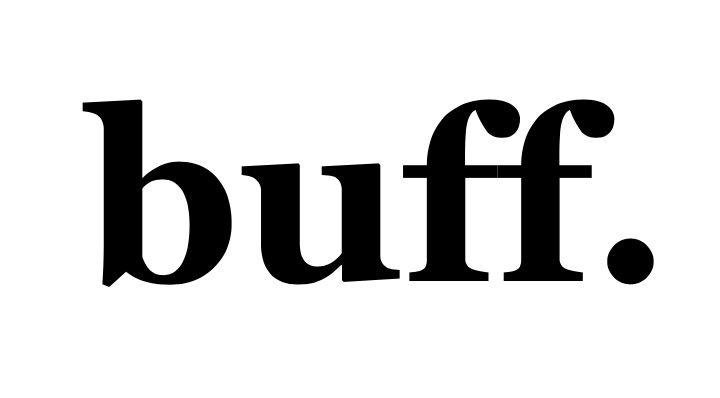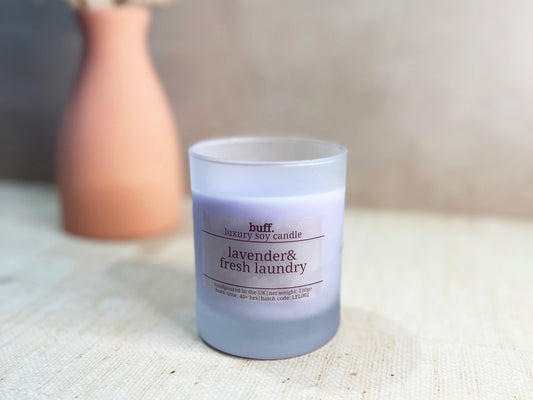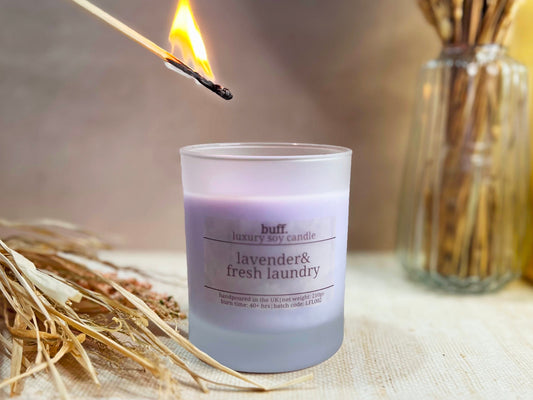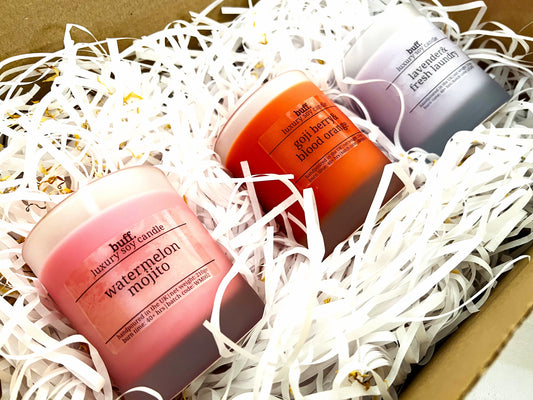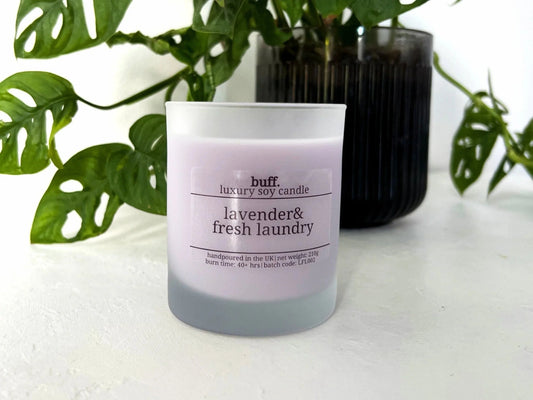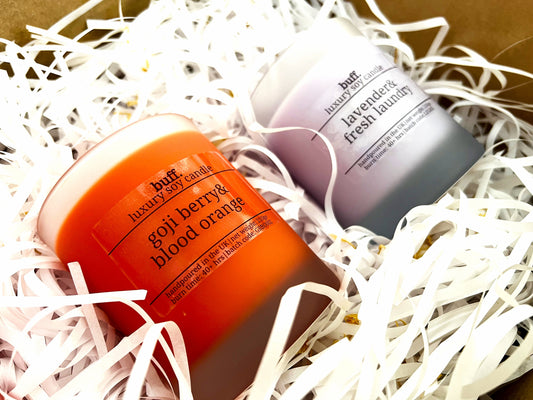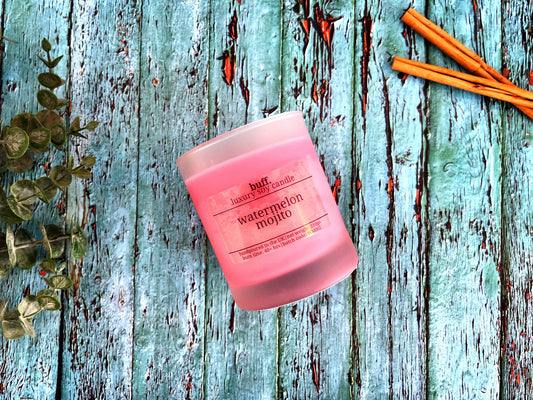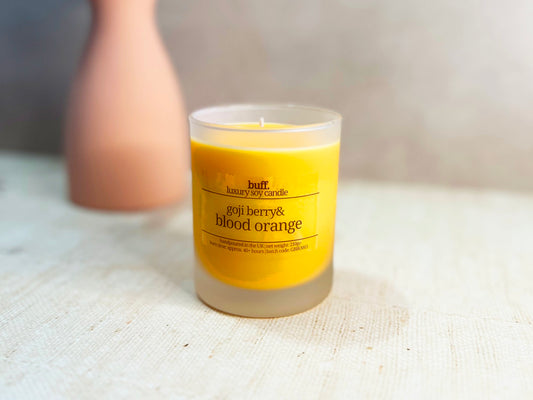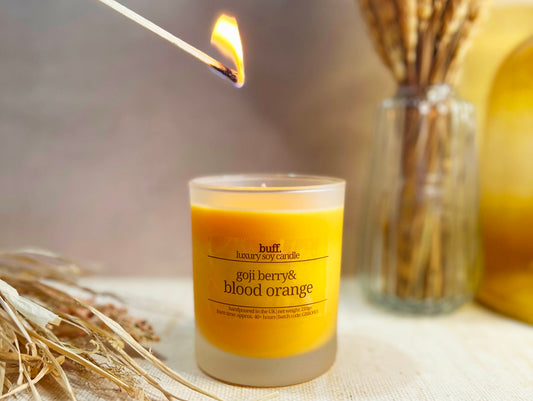How does antibacterial soap work?
Antibacterial soaps have the same properties as regular soap. This doesn't change on whether you learn how to make natural soap at home or have bought bars on the store shelves. However, antibacterial soaps have an extra ingredient which is claimed to further protect the hand-washer from receiving bacteria replicating on the skin or what remains on the surface.
It’s claimed it is better at keeping bacteria at bay compared to regular soap, however, although this is based on a microscopic level, there is no evidence to prove they are more effective at preventing infection in normal settings than regular soap.
Washing your hands effectively for 20 seconds with regular soap bars or liquid hand wash is just as effective at removing harmful germs and chemicals from your hands. In fact, the FDA in America ruled to say companies couldn’t market antibacterial washes when using the ingredients as they couldn’t prove they were more effective than soap and water.
The extra additive to remove more bacteria can also strip natural oils and make your skin drier as they remove healthy bacteria as well.
How to make homemade antibacterial soap bar
So, what ingredient makes soap antibacterial and when was antibacterial soap invented?
The first term antibacterial, or antimicrobial soap, comes from the 1980s. In 1984, David Poshi and Peter Divone filed for a patent by adding triclosan to the soap mixture. It’s still the most common compounds found in antibacterial soaps, along with triclocarban. Other ingredients can be benzalkonium chloride, benzethonium chloride, and chloroxylenol.
It isn't a common ingredient you can purchase via soap suppliers or supermarkets, so making a classified antibacterial bar soap at home isn't viable. Although, remember, all soap removes bacteria, germs and dirt, so they antibacterial anyway.

Shop our range of vegan soap bars that remove dirt, bacteria and oil.
What does antibacterial soap do and what does it kill?
It’s different to hand sanitiser, as this usually uses alcohol to kill microbes and bacteria on the skin rather than antibacterial soap which has triclosan or other ingredients.
So, how antibacterial soap work? Antibacterial soap - and regular bars - remove bacteria from the skin. As antimicrobial soap is the same as regular bars, but with an added ingredient, they have the same makeup as soap bars or liquid hand soap.
For regular soap, the oils in the mixture attach to the surface of the skin when you use it to cleanse. The oils pick up dirt, bacteria and debris, while also breaking down the dirt molecules and surround it. When you rinse away the lather, it is washed off the skin - including all of bacteria and dirt that was stuck to the oil.
Some bars may also have surfactants (soapy lather ingredients) which clean your complexion. These can be sulphates, natural surfactants, or kinder alternatives to SLS such as SCI (Sodium Cocoyl Isethionate) derived from coconut oil.
What is the difference between antibacterial and antimicrobial soap?
Antibacterial soaps - sometimes called antimicrobial or antiseptic soaps - contain chemicals not found in regular soaps on the shop shelves. They claim to prevent bacterial infection or reduce bacteria on the skin. The terms are typically transferable as they refer to the added chemicals in the mixture. They act differently on different microorganisms.
Antibacterials prevent and destroy bacteria, and antimicrobials remove or inhibit the growth of all microorganisms, including fungi, viruses and bacteria. Therefore an antimicrobial soap can also be antibacterial, whereas an antibacterial soap may not be antimicrobial because it may only remove bacteria and not fungi.
Why do people say antibacterial soap is bad for you?
In one example, the FDA ruled a ban on using triclosan and 23 other ingredients in antiseptic products as there was insufficient data on their effectiveness against plain soap and water. Most companies began phasing the ingredients out of their formulas and used natural or botanical ingredients which claimed to have antibacterial benefits.
Some may be alarmed as government agencies regulate antimicrobial cleansers as pesticides - but that doesn’t mean it’s harmful. Pesticides kill organisms, therefore, antimicobrials, which destroy bacteria and viruses are a type of pesticide. And antimicrobials are used in many areas, including hospital disinfectants and hand sanitisers.
The ruling does not mean antibacterial soap is bad for you or others who use it, but there is no clear evidence to prove it's better at preventing disease and infection than standard soap and water.
Looking for soap that packs a punch? Try our vegan soap bar with apricot powder, a natural exfoliant to buff away dry and dead skin cells.
